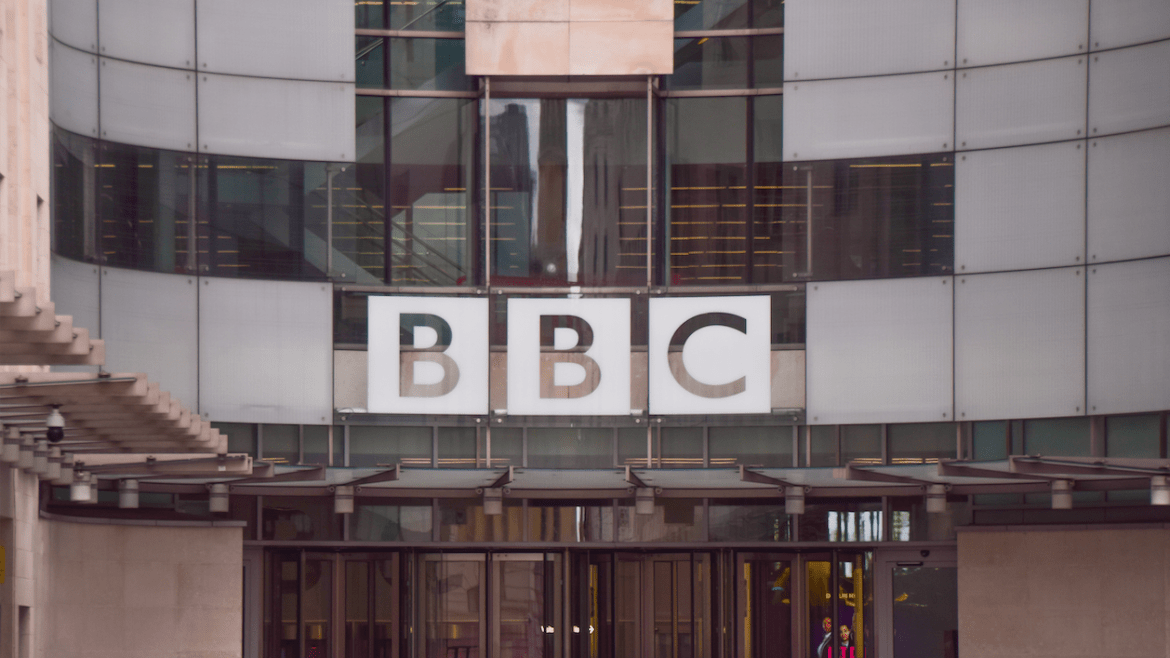In recent weeks, chancellor Rishi Sunak has been called upon to scrap the BBC licence fee by pressure group TaxPayers’ Alliance (TPA).
Over sixteen long years, the TPA has rallied against some of Britain’s most sovereign sources of unbiased news. It scorns the supposed cultural elitism of the likes of the BBC and Channel 4, claiming that: “The licence fee is not fit for the 21st century.”
In 2021, to be able to watch live television in the UK viewers are required to pay a licence fee, currently priced at £159 per year. For many, this may seem a little steep. However, the fee covers far more than just live TV. When you look to all that the BBC has to offer, it’s hard to argue that the TV licence is a rip-off for those who can afford it.
Time and time again, the debate of whether the BBC is worth taxpayers’ money rears its controversial head, with the TPA launching its ‘Axe The Tax’ campaign in January 2020, and continuing to demand that the BBC is stripped down to one channel each for radio and television. But, is £3.58 a week really too much to ask when when accessing all that the BBC has to offer?
Dismissal of the licence fee is shared even by the very elites the TPA claims the BBC represents. In October, Culture Secretary Nadine Dorries questioned the relevance of the BBC in society today.
She said: “We’re having a discussion about how the BBC can become more representative of the people… [who] pay the licence fee, and how it can be more accessible to people from all backgrounds, not just people whose mum and dad work there, and how it can become, once again, that beacon for everybody.”
But how can this be? Once again we must ask ourselves, what the BBC has ever given us?
Fans of Monty Python may remember this promotional take on the classic Life of Brian sketch, ‘What have the Romans ever given us?” Adapted in defence of the licence fee back in 1986, viewers watched John Cleese stumble over cynicism for an institution that, in reality, had more than enough to offer its customers. The promo reminded viewers that the BBC was more than just a TV channel.
Why then, must we continue to remind ourselves of the value of impartial broadcasting, years after Cleese took to its defence?
Since this iconic 1986 skit, the BBC has expanded with unimaginable growth and success, stretching far beyond its original intended UK audience, becoming a household name globally. During coverage of the pandemic, 438 million viewers tuned into BBC News in March 2013, with audiences peaking in the US, India, Kenya and Nigeria.
The world apparently still has an appetite for what the BBC has to offer. According to The BBC Annual Report and Accounts 2020/21, 90 percent of adults in the UK use its services, with 78 percent of agreeing that: “The BBC is effective at informing, educating and entertaining people.”
So, why does the TPA want to strip it down?
Throughout the TPA’s ‘Axe The Tax’ campaign, the BBC is scorned for its overpriced, out-of-touch business model: “With drastic technological change and the myriad ways in which people watch the media, the current model looks increasingly outdated.” Despite the TPA’s scoffs that the BBC is incapable of keeping up in the age of social media, the BBC remains the UK’s most used news resource.
According to Ofcom’s 2020 news consumption report, 56 percent of UK adults turn to BBC One for news, whilst Facebook (the World’s most used social platform) attracts 34 percent. In an age where news is so accessible via our devices, the BBC still trumps all.
The pressure group’s campaign also claims that the BBC, “Wastes cash chasing a youth audience it has no hope of catching”. However, Ofcom’s report confirms that 54 per cent of 16-24 year-olds continue to choose BBC One when watching news on television. It would appear that, despite the TPA’s jeers, that the BBC’s licence fees are well spent and consumed by choice by people across Britain.
Perhaps then we have simply forgotten just how good we have it. As of 2021, Netflix’s premium plan costs £13.99 per month, offering a limited selection of TV shows and films to its paying customers. Yet, for £13.25 per month, licence fee customers are entitled to multiple channels hosting various genres of television, including news, entertainment and regional content for Brits of all ages.
The variety the BBC offers is unmatched, with something for everyone: be it Strictly Come Dancing or Question of Sport, EastEnders or Planet Earth, families across Britain are provided for. Arguably, this is gladly so too, with 1.5 billion views on BBC.com in March 2021 during their coronavirus coverage, 36 percent more than top competitor CNN.
The list goes on and on for what those paying the licence fee receive: iPlayer, Radio, Bitesize, BBC Good Food, Couch to 5K, Weather, BBC Sounds and the World Service are just some features of content accessible to licence fee customers, and beyond.
The likes of the BBC News apps require no fee, nor does BBC sounds. Plus, for people strapped for cash, allowances can be made so that anyone can access impartial news and quality entertainment at any time.
For pensioners receiving Credit, free licences can be applied, whilst visually impaired people are entitled to half price reductions and care home residents.
So, apart from iPlayer, Sounds, radio, apps, Bitesize, weather, award-winning comedies and dramas, live sports, recipes, documentaries, World Service and impartial, investigative news, what has the BBC ever given us?





